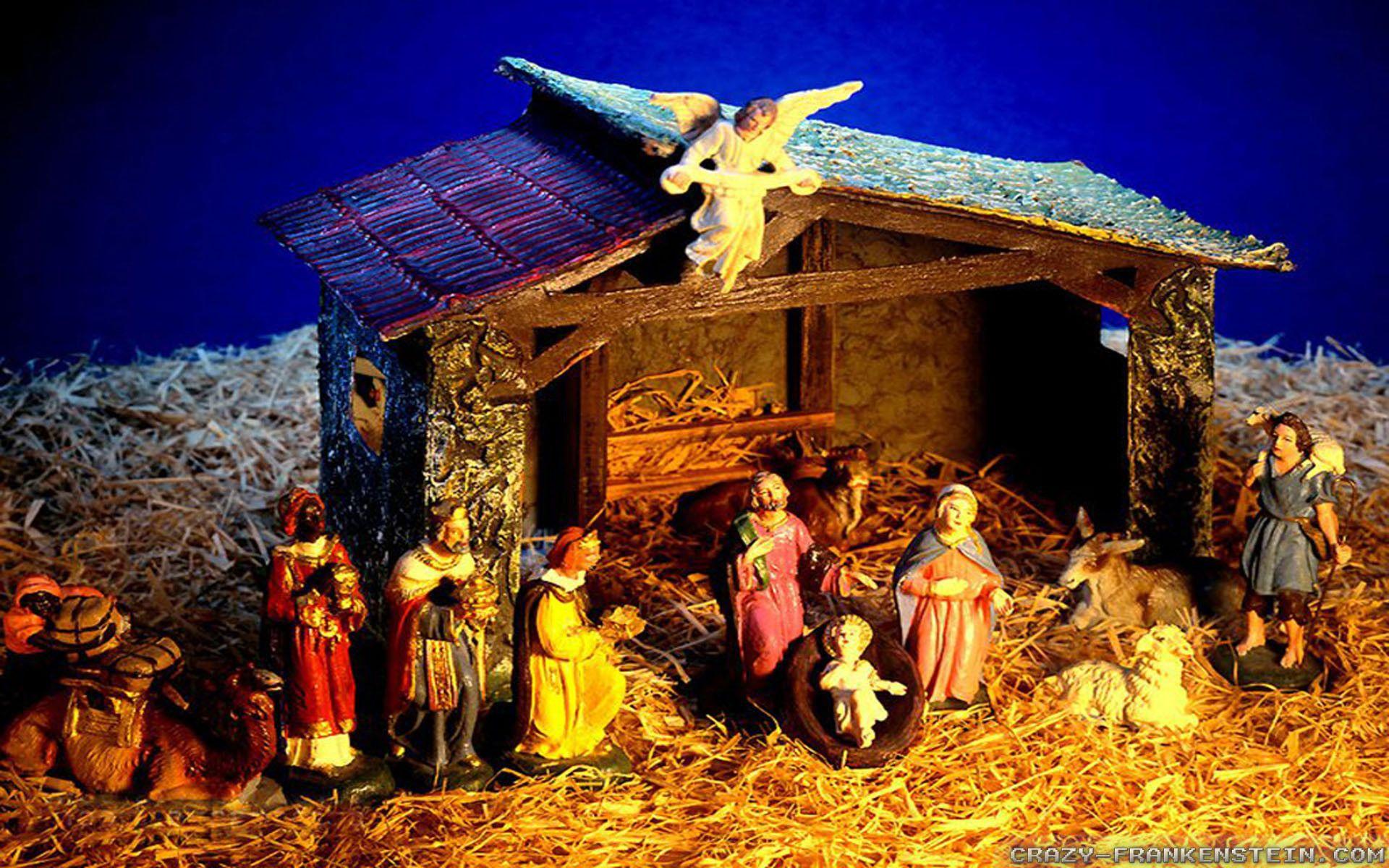Friend Xerxes, for his Christmas column, sought to parse the nativity narrative as a short story. As a pedant, I feel he did not get it right; but the exercise, I think, is interesting.
He had the Christ child as protagonist. But this does not work. The protagonist must be the main character in the story. He must be someone who has a problem, or an unfulfilled desire. The plot is then the working out of that problem or desire.
Jesus does not qualify, as he appears in the story only towards the end. And, even if he is conceptually the main focus, as Logos, he cannot be said to have a problem. Nor, as an infant, can he be aware of many.
Who has a problem? Mary and Joseph have problems; but these are several, and apart from the main theme of the piece.
The protagonist in the story is mankind. Or rather, that portion of mankind who hunger and thirst for righteousness. “Those with whom the Most High is well pleased”; represented in the story by the shepherds and the wise men. Their hope is for a messiah, who, when he comes, will establish universal justice.
Who then is the antagonist? Who is attempting to prevent justice from beginning its reign?
Most obviously, King Herod; who kills every male child under two years old in hopes of preventing the messiah. Less obviously, Augustus Caesar, whose census and tax, his desire for control, has forced Joseph and Mary into a perilous situation—perilous for the child in her womb.
The problem is not Herod alone, but two separate governments. In other words, the antagonist of righteous men is government in general. Government is, literally, in the nativity story, the antichrist.
Not that we can do away with governments. Governments serve a necessary purpose: in the words of the Code of Hammurabi, “to prevent the strong from oppressing the weak.” In the words of Thomas Jefferson, “to secure these rights, Governments are instituted among Men.” There is perhaps a representation of honest government, too, in the three kings. Perhaps—but they are not identified as kings in the gospel.
However, if the purpose of government is “to prevent the strong from oppressing the weak,” there is in this an immediate problem: government is stronger than anyone. What is to prevent it from oppressing the weak? Who polices the police?
Hence Locke’s and Jefferson’s concern for government overreach; it is already there at the heart of the gospel. But democracy is itself a flawed mechanism; although a check on the powerful, it also gives power to a majority to oppress a minority. You kind of need divine intervention.
We are seeing unprecedented examples of government overreach right now. We need the Messiah this Christmas more than ever. We must scan the heavens for a star, or some choir of angels
Oddly, we are suddenly hearing many reports of UFOs.













No comments:
Post a Comment